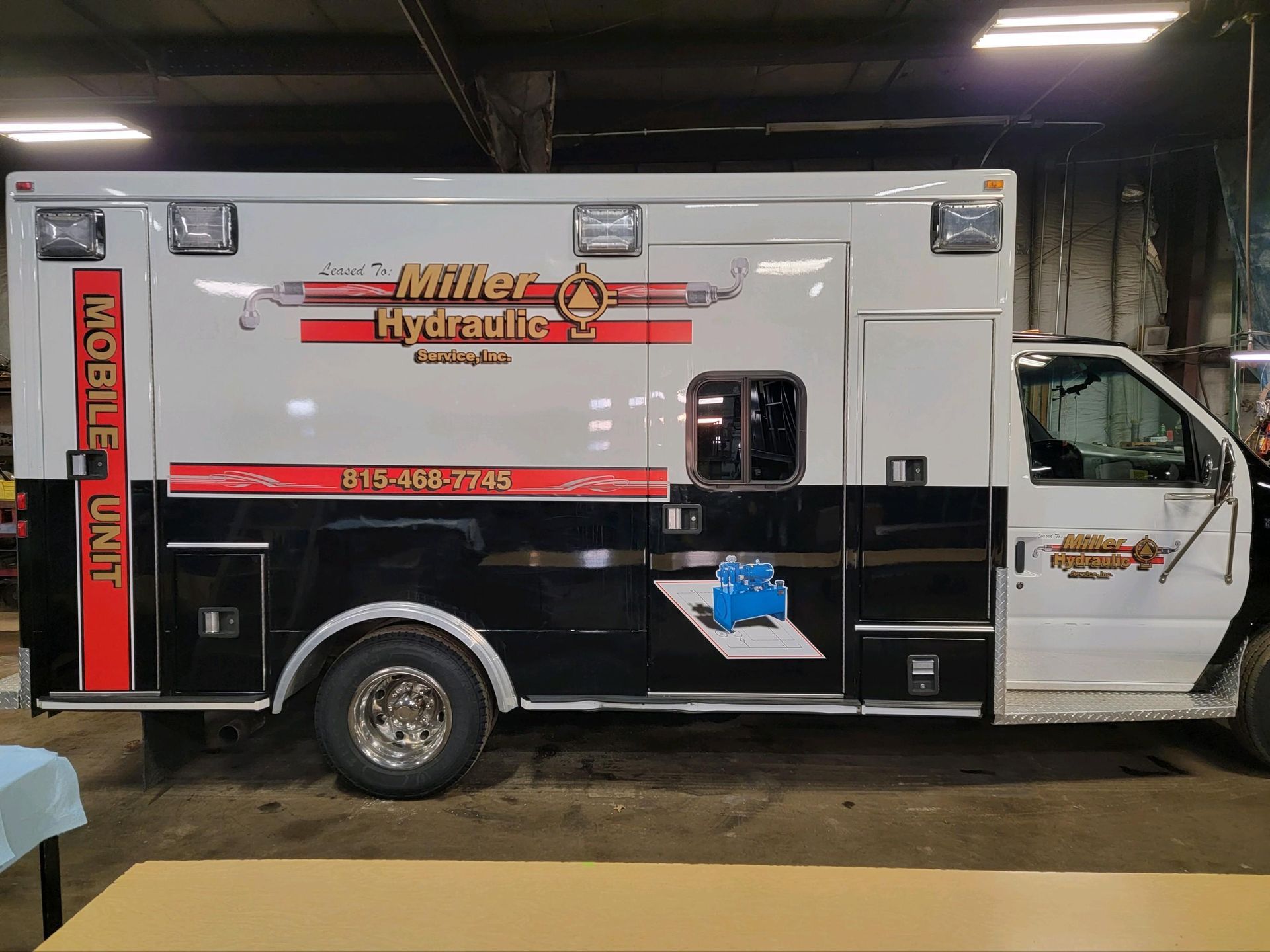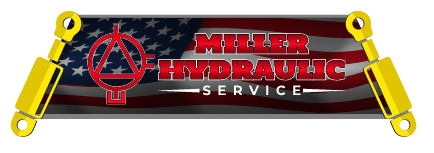The Essential Guide to the Most Frequently Maintained Parts of Hydraulic Systems

Hydraulic systems are an essential component in various industries due to their capability to assist in optimal work efficiency and functionality. However, like any other machinery, regular maintenance is required to ensure that hydraulic systems work at their best and remain useful. Failure to perform regular maintenance on hydraulic systems can result in conditions that jeopardize the safety of workers and lead to increased costs, and loss of productivity.
In this blog, we will highlight the main parts of hydraulic systems that need the most frequent maintenance.
Fluids, Filters, and Reservoirs
Maintaining clean fluids, filters, and reservoirs is one of the fundamental ways of ensuring the efficient operation of the hydraulic system. The fluids must be fresh and of high quality, while the reservoir must be inspected regularly to detect contaminations or damages. The filters should also be inspected and replaced when needed. A good rule of thumb is to replace it once a year or every 1,000 hours of operation.
Maintaining clean fluids, filters, and reservoirs will ensure optimum hydraulic system performance and prolong the equipment's lifespan.
Hoses and Fittings
Hydraulic hoses and fittings are critical components of the system, and frequent inspection and maintenance are critical to avoid equipment malfunctions. It is essential to inspect hoses and fittings regularly for any signs of wear, damage, or leaks. Such signs may include frayed edges or cracks in the hoses or altered fittings that do not meet industry standards.
Replacing damaged hoses and fittings or adjusting them to meet industry standards will lead to significant savings in terms of costs and time.
Seals, Gaskets, and O-rings
Seals, gaskets, and O-rings are responsible for preventing leakages within the hydraulic system. These parts need to be inspected regularly to detect any tear, wear, or damage. Failure to maintain these parts can result in leakage, which can cause equipment failure or damage to other components within the hydraulic system.
Regular inspection of these parts is crucial, as they are subjected to high pressure and temperature and can wear out quickly. Replacing such parts regularly will ensure zero or minimal leakage, prolonging hydraulic system performance.
Pumps and Motors
Pumps and motors play a crucial role in the hydraulic system's efficiency and performance. These components need to be maintained regularly to avoid breakdowns, which can significantly interrupt work processes.
It is essential to inspect pumps and motors for any signs of wear, including unusual sounds or vibrations. Maintenance tasks for pumps and motors include aligning couplings, replacing worn bearings, replacing damaged end covers, and checking the fluid levels to identify any contaminants or leaks.
Valves
Proper maintenance of hydraulic valves ensures that the system operates effectively. Valves are responsible for controlling hydraulic fluid flow and pressure, and several issues can arise if they fail. Maintenance tasks for valves include inspection for abrasions, foreign materials, and damages. Loose fittings, rust, or corrosion can also indicate valve problems and such should be addressed immediately during maintenance.
To ensure the hydraulic systems work as expected, it is essential not to underestimate the need for maintenance. Regular maintenance will prevent downtime, save costs, and ensure maximum efficiency for your business. Regular inspection and replacement when needed for the most fragile components of your hydraulic pump will ensure that the hydraulic system remains in top shape, giving operators peace of mind to perform their work activities efficiently and safely.
If you need help diagnosing and fixing the problems with your hydraulic pump, count on the team at Miller Hydraulic Service. We supply parts and offer on-site service for your convenience. We can also help you design and build a custom hydraulic system. Contact us today for prompt and reliable service.





